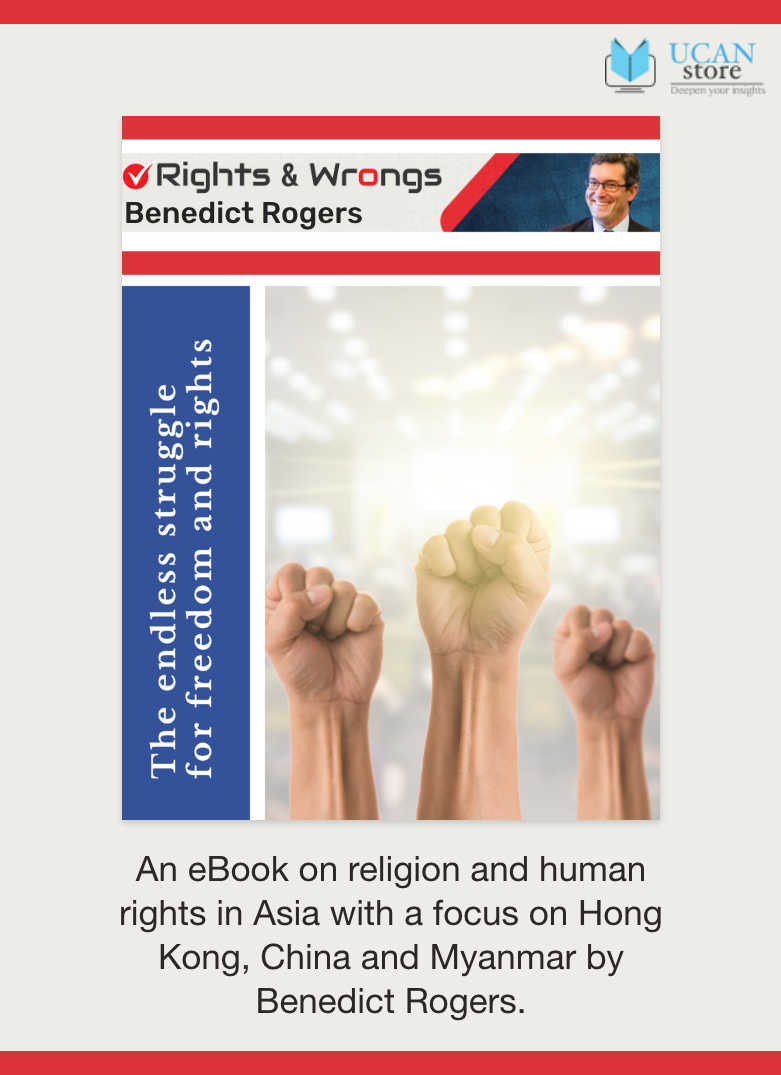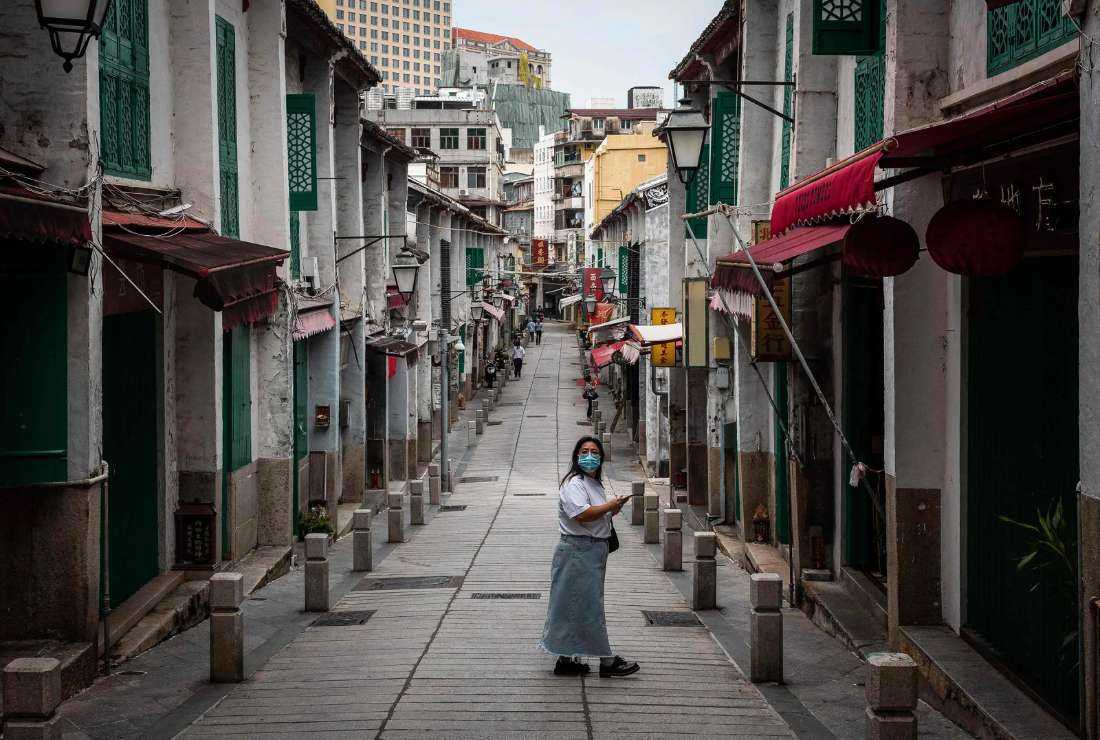
Macau administration asks mothers to send children to their home countries amid high airfare and financial woes

Dozens of migrant mothers in Macau are facing a crisis due to high airfare and financial woes after the authorities in the Chinese-ruled city ordered them to send their children, born during the Covid-19 pandemic, back home.
Many women non-resident workers (TNR) have received expatriation orders from the Macau administration, which further increases the stress on the workers who are already struggling with low wages, Portuguese daily Hoje Macau reported on Dec. 16.
Windy Inez, a 32-year-old mother, said she received a notice on Dec. 5 asking to send her baby back home.
Many mothers like Windy are struggling to get an extension of the visas for their children until January when the travel is cheaper.
Some 28,000 Filipino women work in Macao, most of them Catholics.
“My friends informed me that when they asked for an extension of their visas, the immigration department asked them to present plane tickets with departures scheduled for at least five days before the visa expired,” she indicated.
However, employers deny airline tickets citing high airfare due to the Christmas holidays, further complicating the issue.
December is the peak season for tourism in Macau, which is dubbed the “Las Vegas of the East” for its gaming and gambling industry.
However, despite having the world’s highest per capita income, thanks to its massive gambling industry and associated businesses, ordinary domestic workers like Windy struggle to make ends meet.
The weak economic situation and the mandatory paid quarantine to return to Macau have put the possibility of workers visiting their families in their home country and returning to Macau for work in peril.
The quarantine for non-residents reportedly costs at least 3,000 Macanese Patacas (US$375), in addition to the 1,250 Macanese Patacas (US$156) for the five nucleic acid tests carried out during isolation, which workers claim is too high for them.
The long trail of legal formalities required to be done by the workers further complicates the process.
A Filipino migrant worker needs to be registered with the Philippine Foreign Workers Bureau and Overseas Workers Welfare Administration (OWWA) to return to Macau for work.
In addition to this, they need to present a certificate of employment abroad issued by the Philippine Overseas Labor Office and have health insurance.
However, to complete all these formalities, the worker must present a contract and documents signed by the employer in Macau.
The workers have voiced their concern over the painfully long process and the stress it places upon them.
“It has been stressful for us, especially for those who work in companies and who have very few days off. It's also very stressful because if our babies don't get a visa, even our work permits are canceled,” said Windy.
Macau, now a special administrative region of China, was under Portuguese rule from 1557 to 1999. Catholicism came to Macau during the Portuguese period. Macau Catholic Diocese has some 30,000 Catholics in nine parishes across the island city.
Help us keep UCA News independent
The Church in Asia needs objective and independent journalism to speak the truth about the Church and the state.
With a network of professionally qualified journalists and editors across Asia, UCA News is just about meeting that need. But professionalism does not come cheap. We depend on you, our readers, to help maintain our independence and seek that truth.
A small donation of US$2 a month would make a big difference in our quest to achieve our goal.

Share your comments